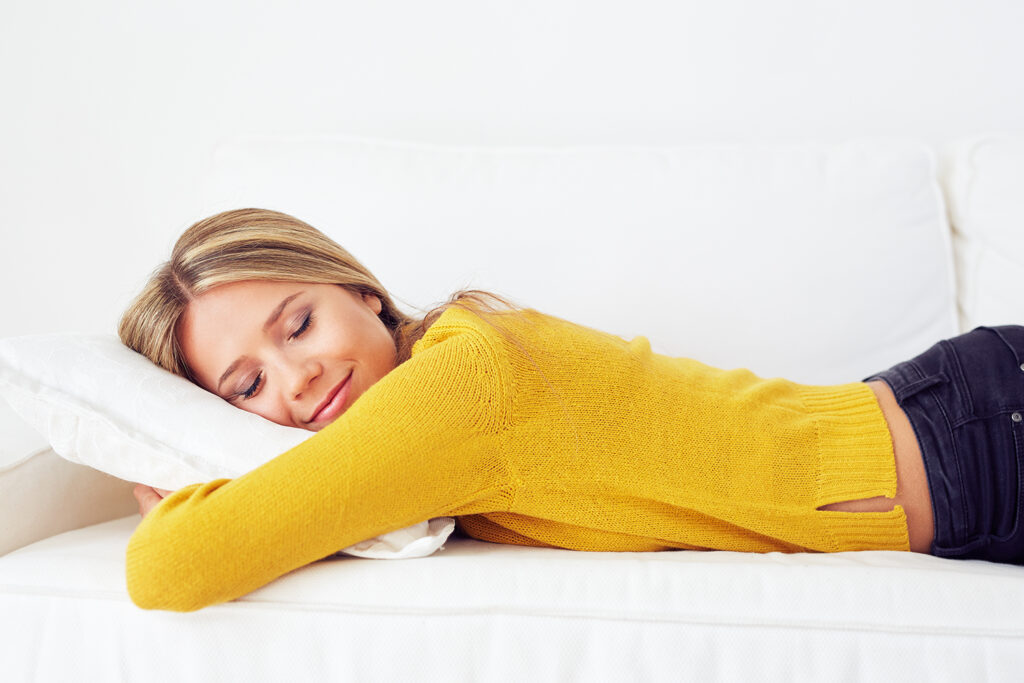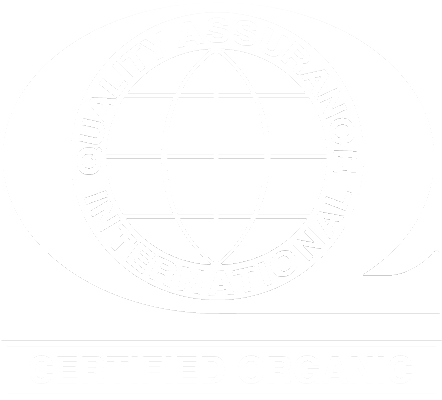The Vitamins and Supplements Your Body Needs to Support Your Mental Health
Focus & Fitness

Sleep, or lack thereof, seems to be a popular topic these days. The news stories, advertisements, social media posts, new products – even types of beds you sleep on – all seem to be more focused on sleep than ever before. Did you ever think you would be able to buy a bed that could tell you how well you slept at night?
We all know – or at least, have been told – that getting “proper” sleep is important for our overall health. But why is rest important? Why do we need to sleep? What is “proper” sleep? And how much sleep do we really need?
First let’s examine what sleep really is. There are 4 basic stages of sleep: 3 are non-REM (rapid eye movement) and one is REM sleep. As you start to go to sleep, you can be startled awake very quickly and still be alert and recognize what’s going on. As you get deeper and deeper into sleep, if you’re startled awake, it may take you a little time to get your bearings to be aware of what’s happening.
Both REM sleep and non-REM sleep are both important. In the non-REM sleep stages, your body rebuilds bones, rebuilds tissues, helps to maintain muscles, and supports your immune system. These are the processes the body goes through during these 3 stages of sleep.
REM sleep, on the other hand, provides time for something a little different. About 20-25% of our time sleeping should normally be spent in REM sleep. REM sleep is where you have dreams. Your brain is active, but your body is not moving.
If you’ve ever wondered why sleep is important for the brain, it’s because of what happens during the REM stage. Think of this as the time of sleep when you’re rebooting your brain. It’s like memory consolidation and kind of filing everything you learned or experienced during the day into a nice filing system.
So why do some of us have trouble sleeping and some of us don’t? A lot of things affect our sleep/wake cycle, which is called our circadian rhythm. Light is one of them.
In the daylight, we produce more serotonin, which keeps us awake (so it can be hard sometimes to sleep during the day). As it gets darker, the body begins to produce more melatonin, which supports sleep. People who work night shifts will often have challenges with sleep because of this light/dark difference. And serotonin is a precursor to melatonin synthesis in the brain. So, it’s good to get bright light exposure during the day – go outside in the sunlight – and allow your body to produce more serotonin.
Blue light is another type of light that affects our sleep/wake cycle. The blue light from our computers, tablets, TV’s, video games and cell phones affects melatonin production. Blue light tricks your brain into thinking it’s daytime and can block the production of melatonin. One of the most detrimental things you can do that could disrupt your sleep is to look at your cell phone or tablet right before trying to go to sleep.
Another misconception revolves around alcohol. Having alcohol before going to bed, although you may feel like it relaxes you, can have a negative impact. Alcohol can disrupt the whole sleep cycle.
The Sleep Foundation (https://www.sleepfoundation.org/) suggests, on average, adults need about 7 hours of sleep every night. Children need a bit more, depending on their age. The Sleep Foundation also has great suggestions on how to achieve good sleep. Try to get 7 hours of sleep and see how you feel. And remember, you’re an individual and you may need a bit more or a bit less.
Here are a few tips that might help you get a better night’s sleep.
Follow these tips and there’s a great chance you’ll be pleasantly surprised with an improved quality of sleep. And if you were trying to decide between the Sleep Balance and Stress Balance, you can combine them, as they work well together. You could take Stress Balance at lunch and Sleep Balance 30-60 minutes before going to bed. As always, remember to consult your health care provider before making any changes to your current supplement regimen.
Getting a great night’s sleep can help you #PowerYourGreatness! Grab Your Gut Connection® Sleep Balance™ at Country Life Vitamins today.











DISCLAIMER: ** These statements have not been evaluated by the Food and Drug Administration.
This product is not intended to diagnose, treat, cure or prevent any disease.